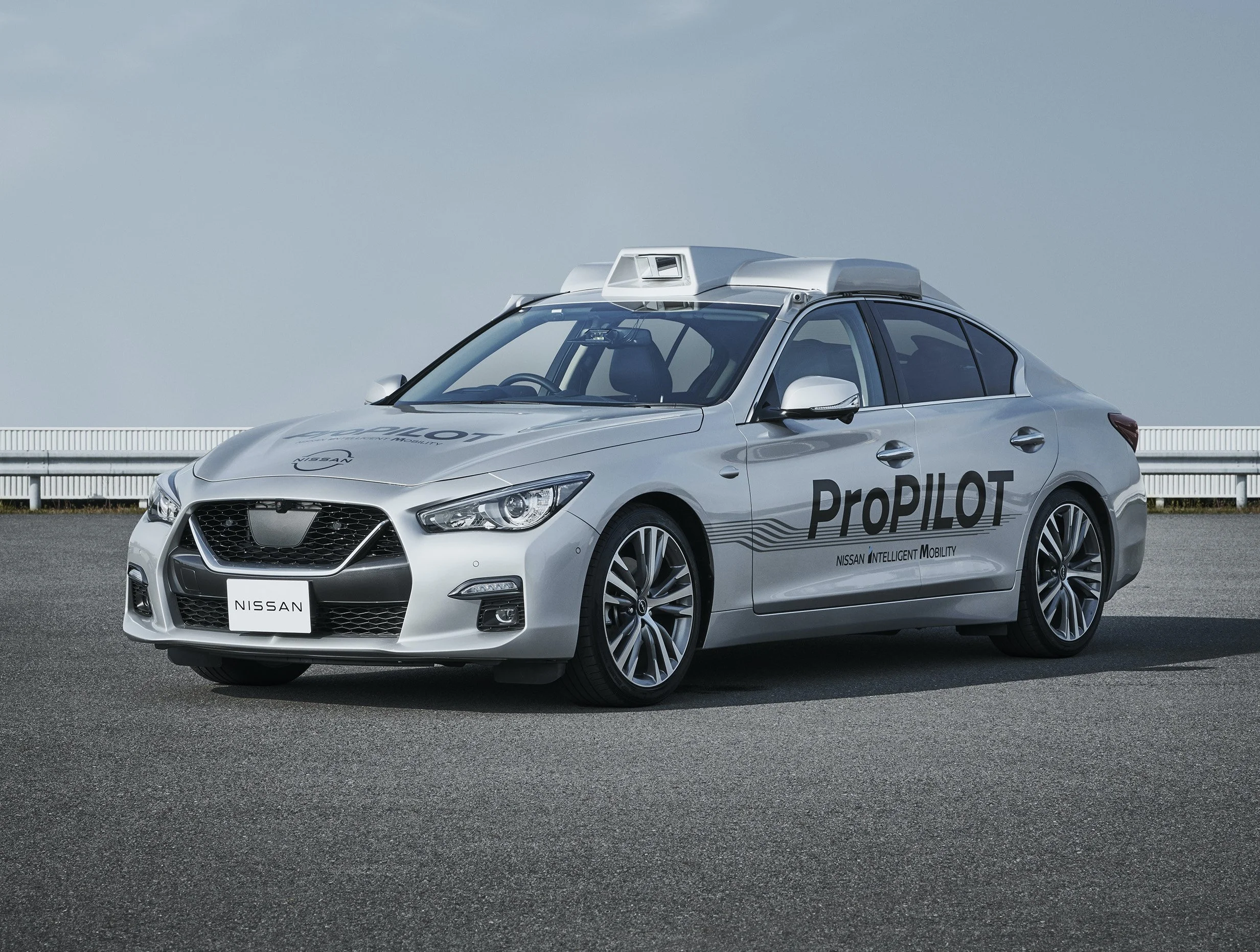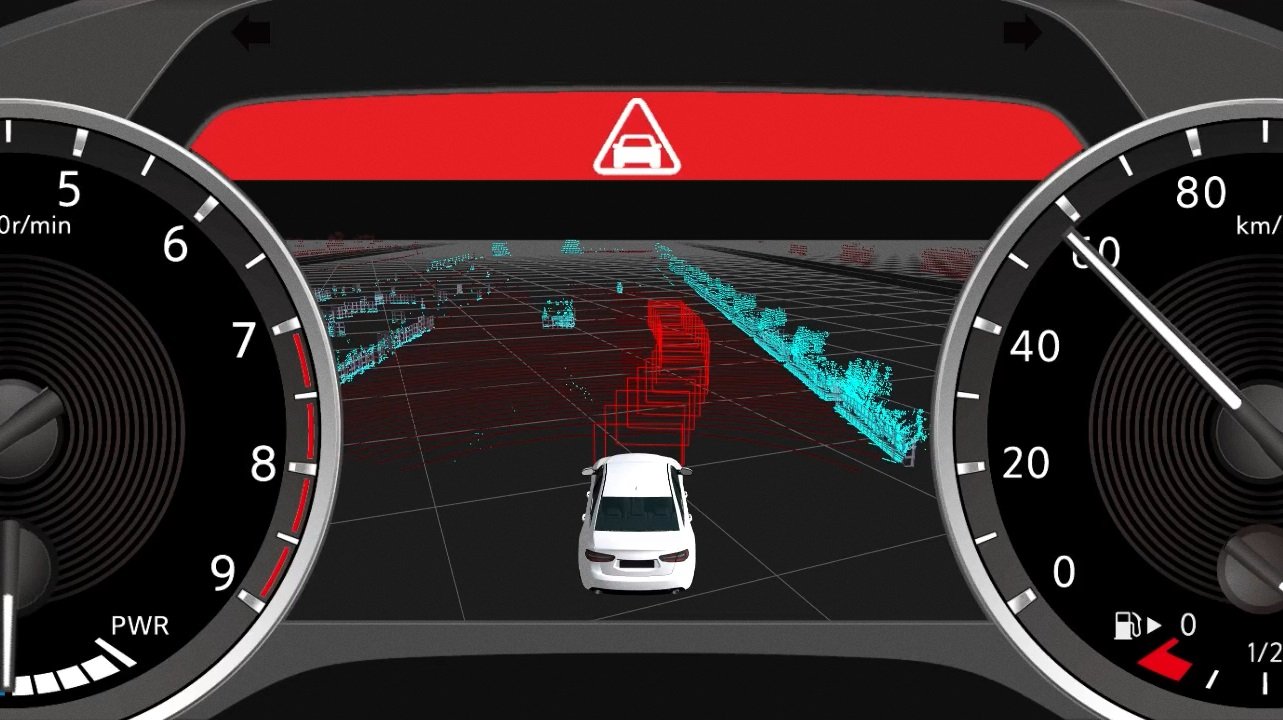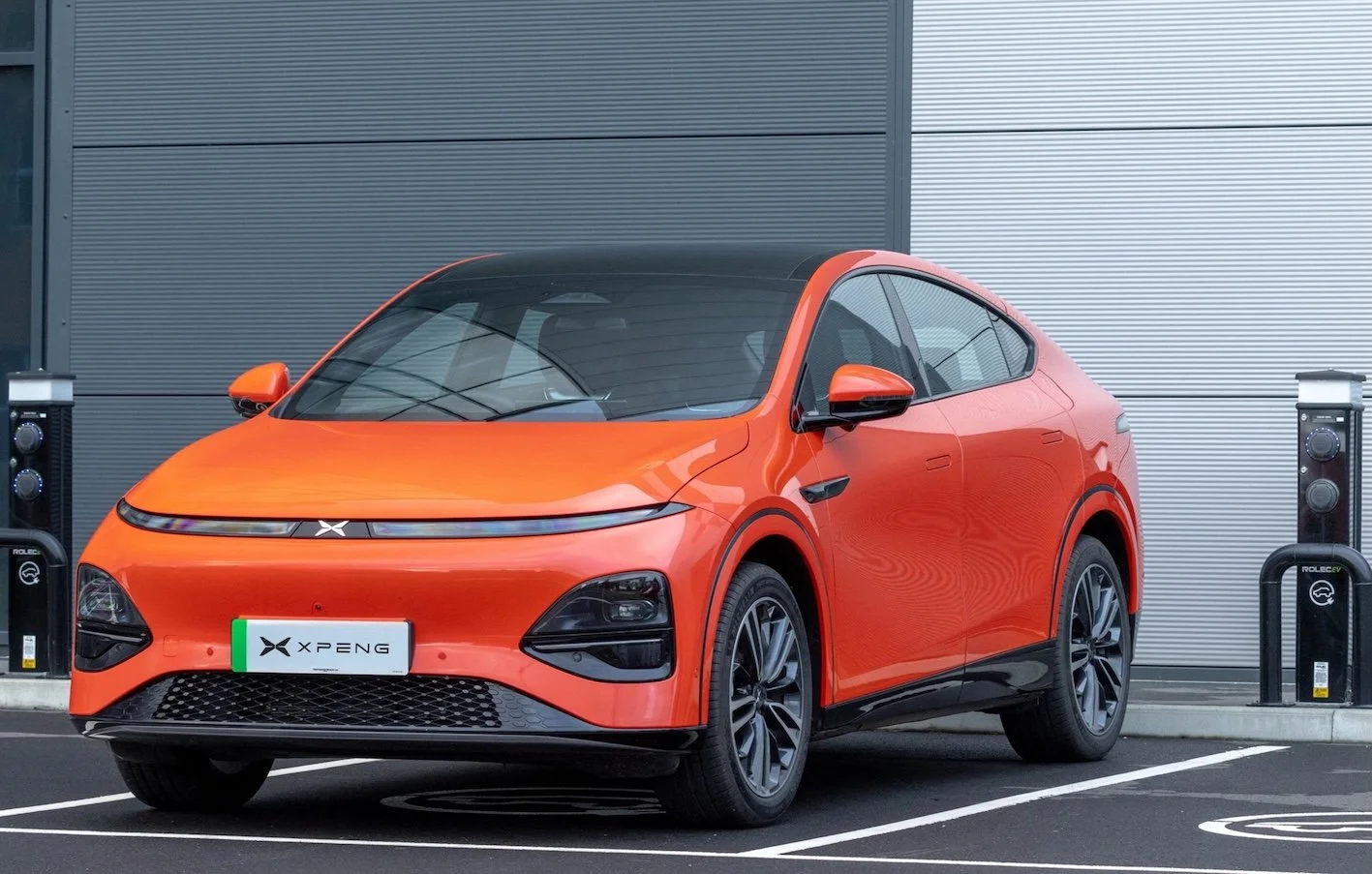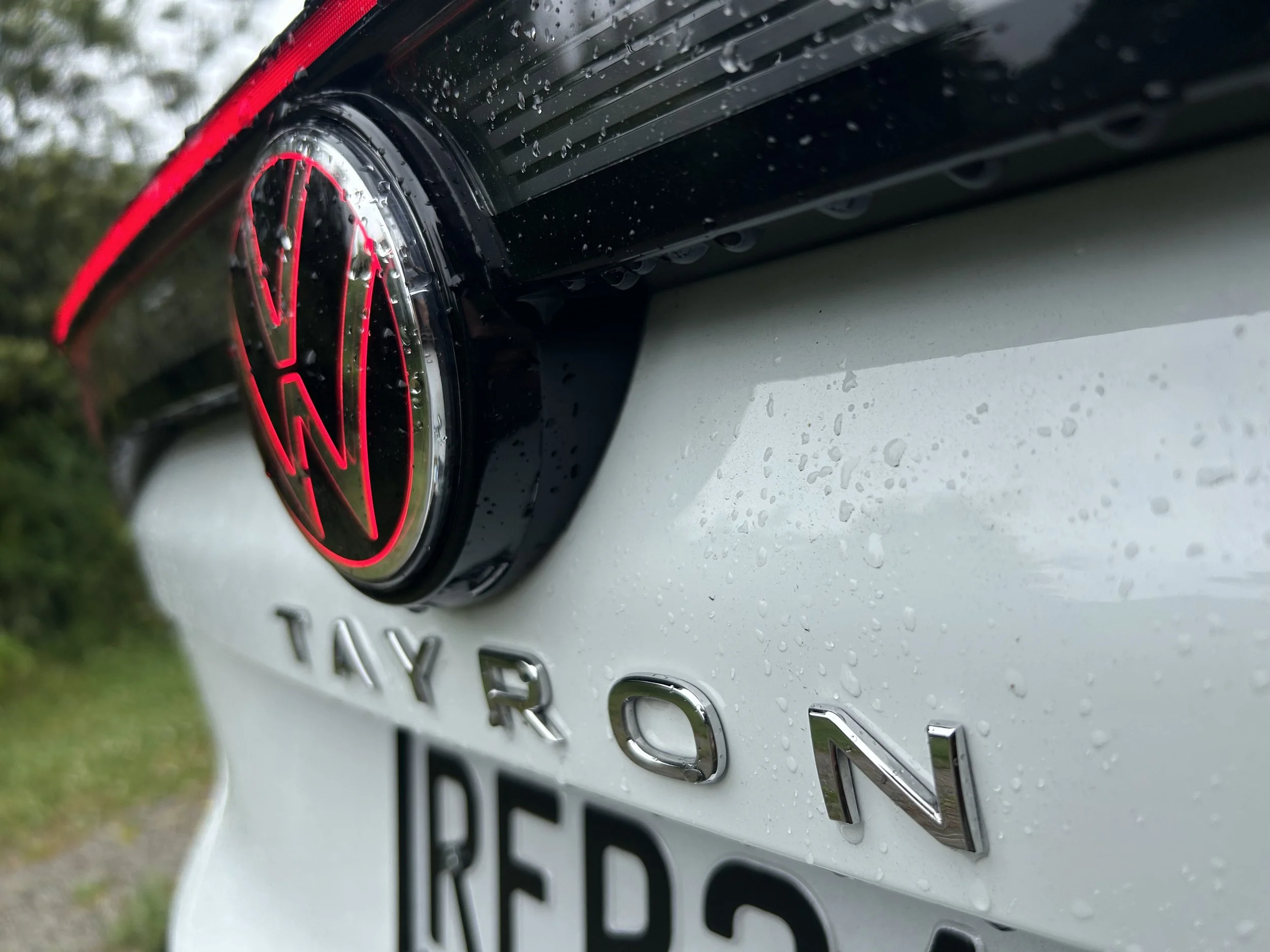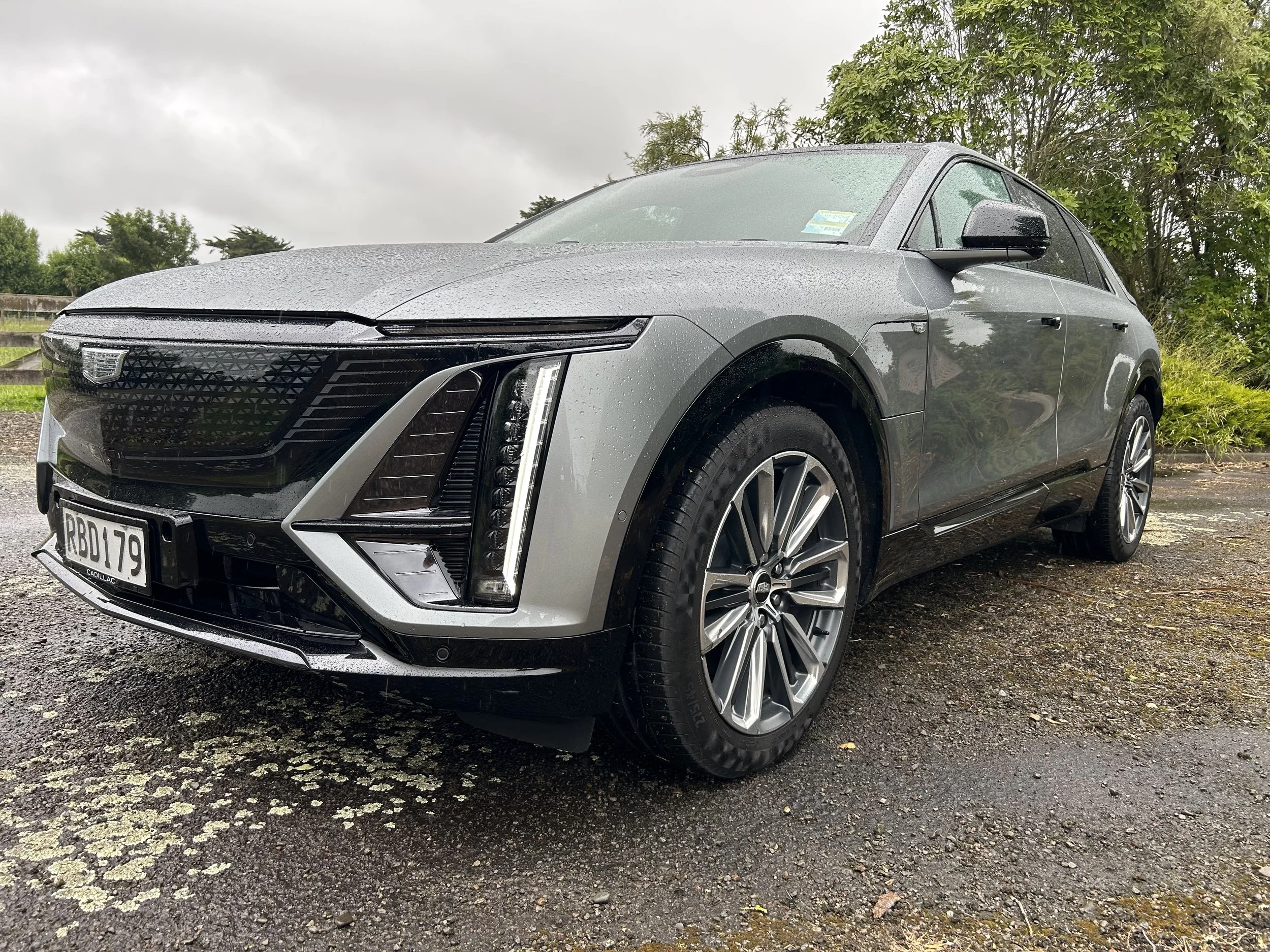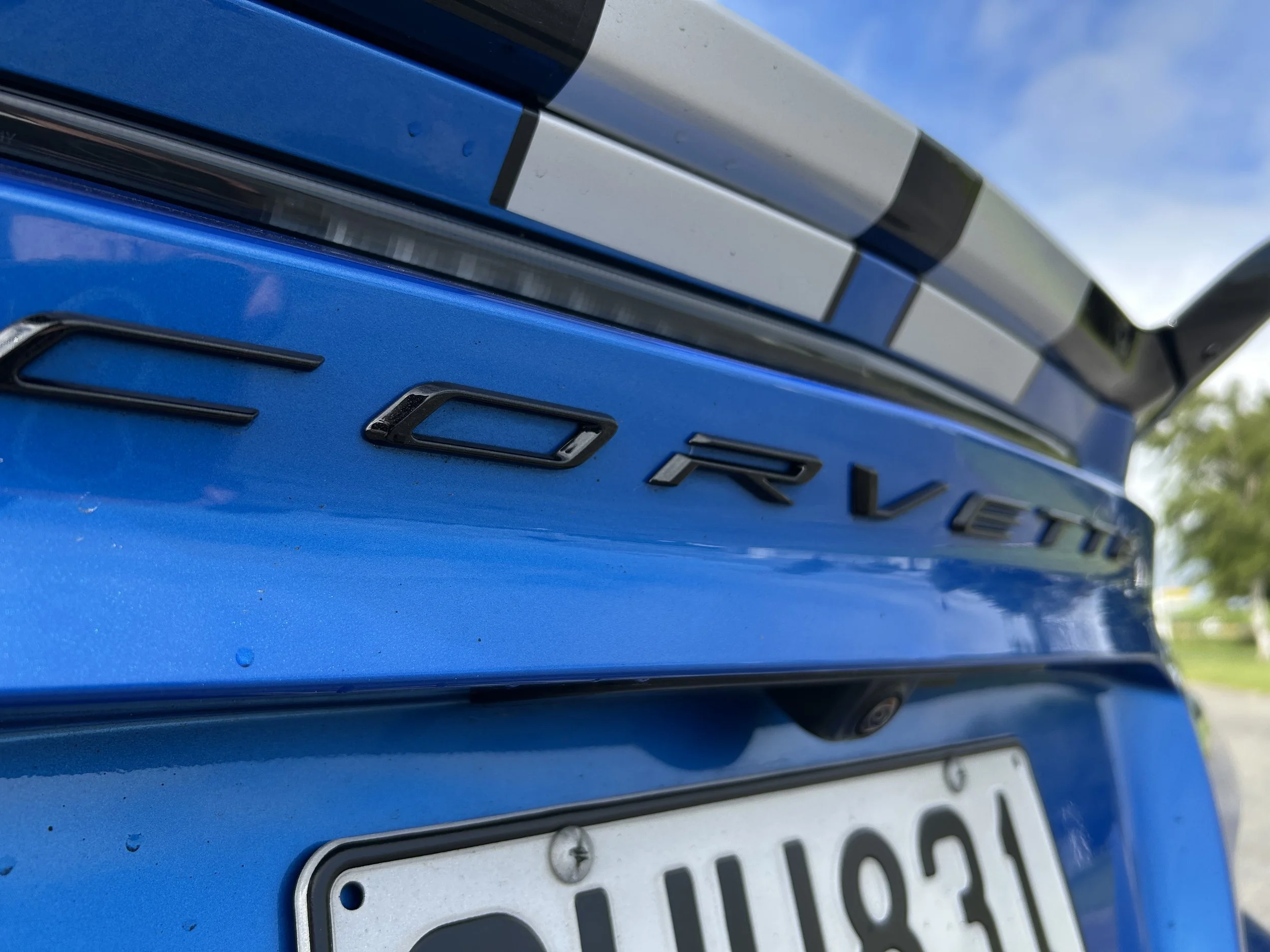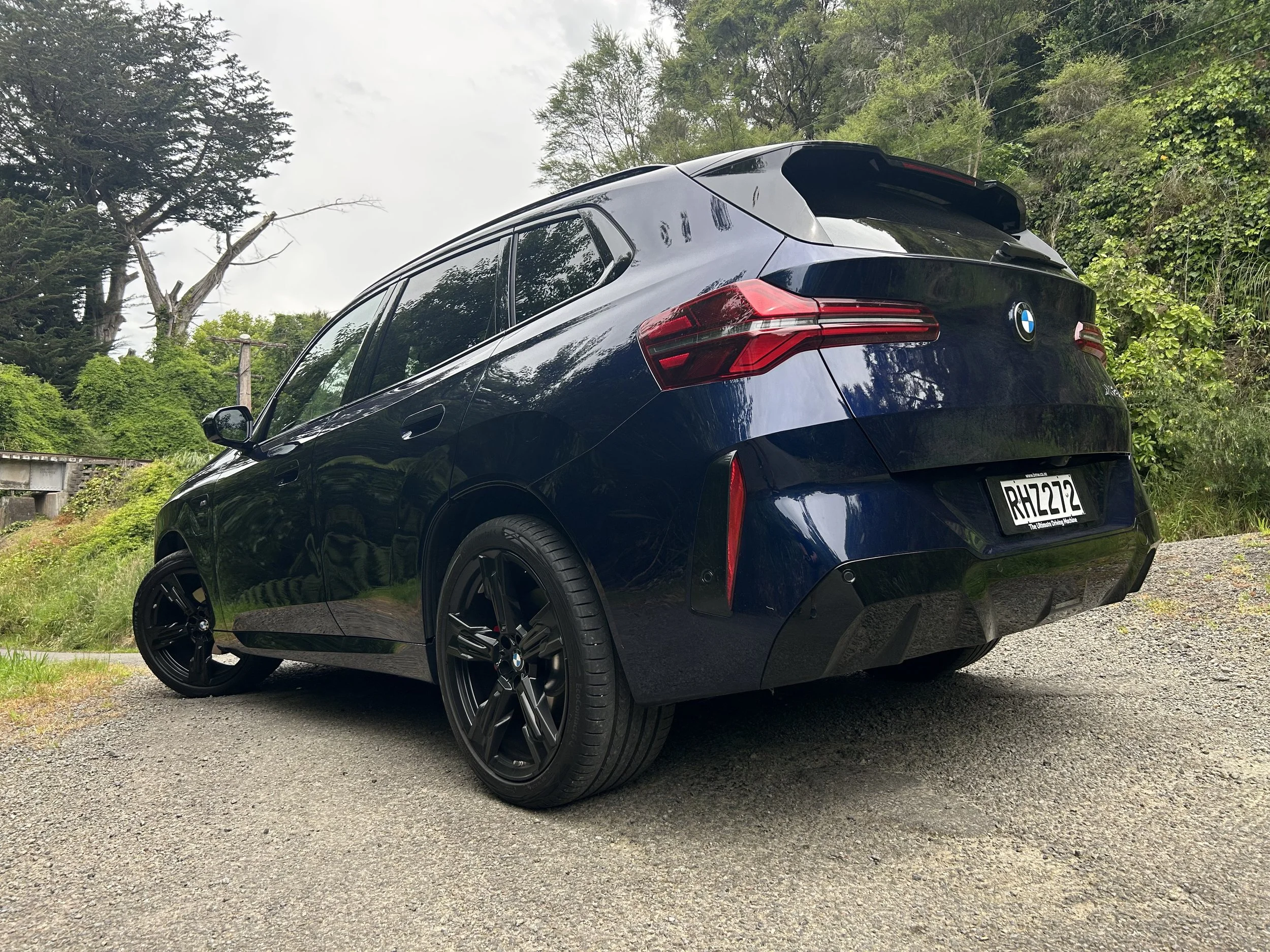Nissan trialling next-gen crash avoidance
/The technology is expected to be available on all its cars by the end of the decade
THEY call it ‘ground truth perception’ and say it should be on all its cars by the end of this decade.
That’s the new type of collision avoidance technology Nissan is developing.
Using information from high-performance LIDAR – which uses the same principles as radar, but uses light from a laser - radar and cameras, the technology can instantly analyse the current situation, judge and automatically perform required collision-avoidance operations.
The technology can also detect slowed traffic and road obstacles in the distance and execute lane changes accordingly.
Nissan said the system, which it has tagged Pro Pilot, provides increased support to drivers in areas where detailed map information is not available.
“When we look at the future of autonomous driving, we believe that it is of utmost importance for owners to feel highly confident in the safety of their vehicle,” says Takao Asami, a senior vice president leading global research and development at the brand.
“We are confident that our in-development ground truth perception technology will make a significant contribution to owner confidence, reduced traffic accidents and autonomous driving in the future.”
Under its long-term vision, Nissan Ambition 2030, Nissan is working to develop vehicle control technology aimed to significantly reduce accidents by utilising next-generation LIDAR technology.
Nissan believes that in the upcoming era of autonomous driving, driver-assistance technology that can avoid highly complex accidents will be essential.
It aims to complete the development of its ground truth perception technology by the mid-2020s. It will first be available on select new models, and on virtually every new model by fiscal year 2030.


